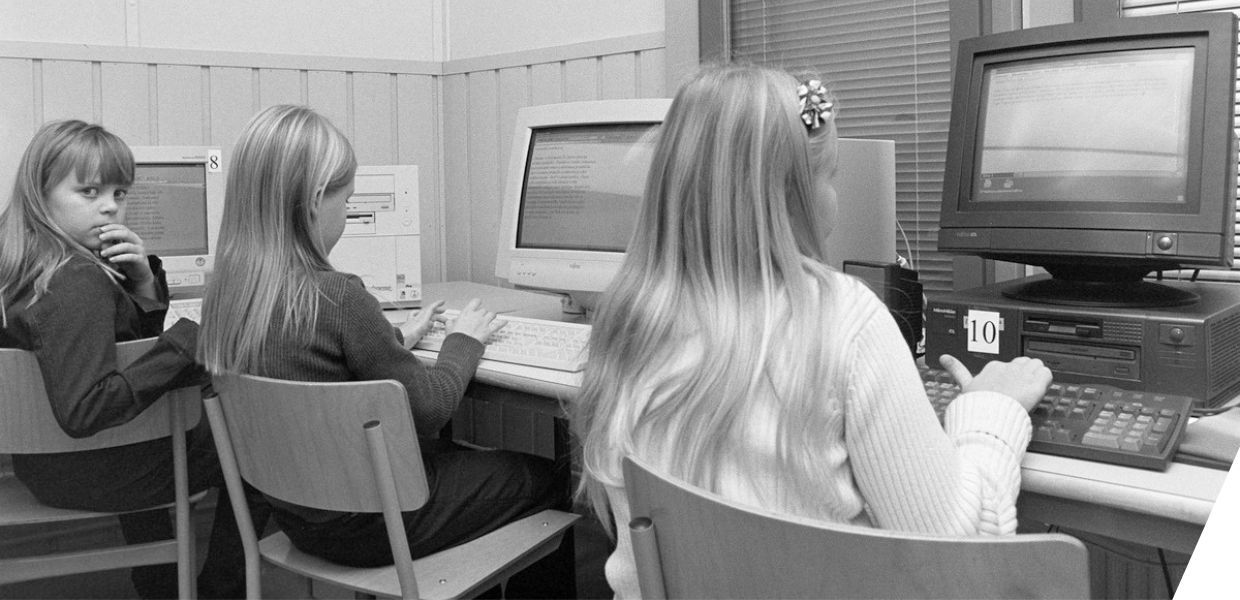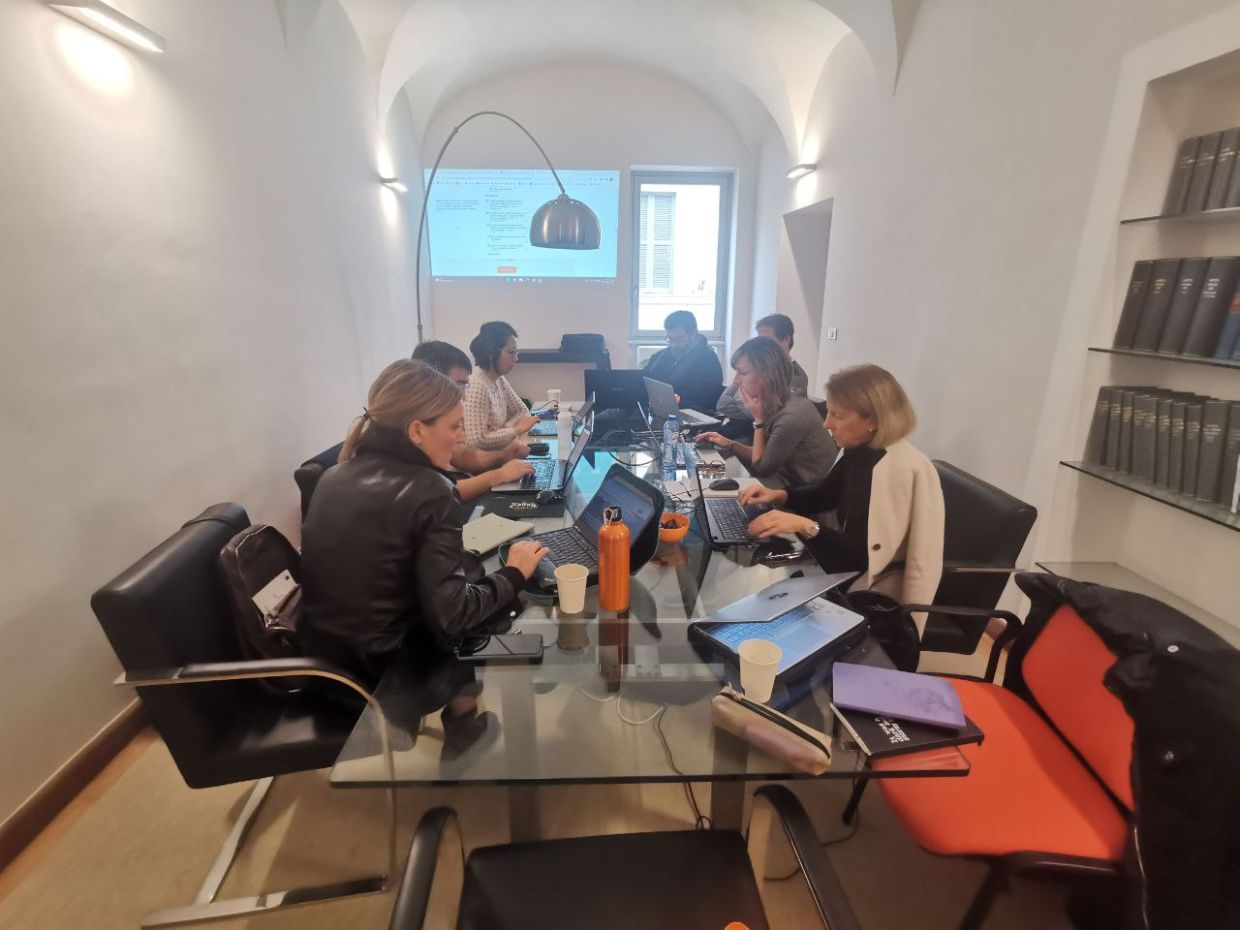Why are digital skills for CHI educators important?
The Steering Group agreed that digital skills for CHI educators are essential to transform and enrich the learning experience, engage different kinds of audiences through innovative approaches, share a diversity of knowledge and cultural expressions and contribute to the preservation and promotion of culture - our common ground - in the digital era.
CHI educators have to evolve, innovate and reinvent themselves to adapt to digital literacy - the ability to access, manage, understand, integrate, communicate, evaluate and create information safely and appropriately through digital technologies. This will help them to give new meaning and potential to their ‘art of teaching’, and understand and meet students’ needs. This is especially important to connect with young audiences who are digital natives.
It’s important to note that according to an EU report, there should be a clear awareness that being digitally literate does not mean being an expert in the digital environment, but requires at least basic knowledge and overview of why and how to use digital technologies.
Which skills for CHI educators are important?
An ideal digital skills framework requires agility, fosters innovation and enables rapid adaptation to changing conditions and requirements. But most importantly, CHI educators must understand and uphold ethical principles and commitments to safe, responsible, inclusive and respectful use of digital technologies for preserving, promoting, and educating learners about cultural heritage. With the rise of generative AI and other advanced technologies like XR, we should bear in mind the Fribourg declaration (2007), a document drafted for UNESCO, on the democratisation of knowledge and culture: ‘Cultural heritage resources must be accessible to all, regardless of physical or cognitive abilities, technological proficiency, or socioeconomic status.’
More specifically, a framework for digital skills for educators should aim to:
Transform learning in a free, joyful and inclusive way. There is a crucial need to enhanceemotional intelligence skills so as to enhance the active, educative and emotionally engaging capital of a cultural heritage institution
Make communication, collaboration, and project management easier. Adopting digital storytelling skillscan help CHI educators deliver cultural content more efficiently and respond to changing circumstances more quickly.
Empower educatorsusing digital tools and platforms to create inspiring narratives around cultural heritage by multimedia presentations, virtual exhibitions, and interactive storytelling experiences to engage all kinds of audiences.
Foster digital research skills. Cultural heritage educators should possess strong digital literacy skills to guide learners
Facilitate digital curation. CHI educators should learn how to curate or co-curate digital content related to tangible and intangible cultural heritage
Understand copyright issues, metadata management of images, videos and documents related to their cultural learning project.
Gain knowledge of digital preservation techniques to ensure the longevity and accessibility of digital materials. Learn digital storage systems and back up strategies
Interact with virtual objects, explore historical environments digitally. Also the skill of using VR/AR technologies can help educators to bring an “alive” experience and artefacts to life for the learners.
Make society aware of the impact the digital transformation has on core human-values like truth, creativity, dialogue, ethics, accountability, existence and continuity. Play an active role in finding new ways to use information of the past in the present and preserving information of the present for the future.
Mapping existing initiatives
Our Work Plan for 2023 states that, ‘taking advantage of the momentum of the European Year of Skills we will start drafting a framework to describe digital skills for these cultural and educational professionals.’ Knowing that there was so much expertise in our community and some relevant projects with similar goals initiated, we followed the work described above by mapping all the existing initiatives in our network we were aware of. Discover them by expanding the box below.




